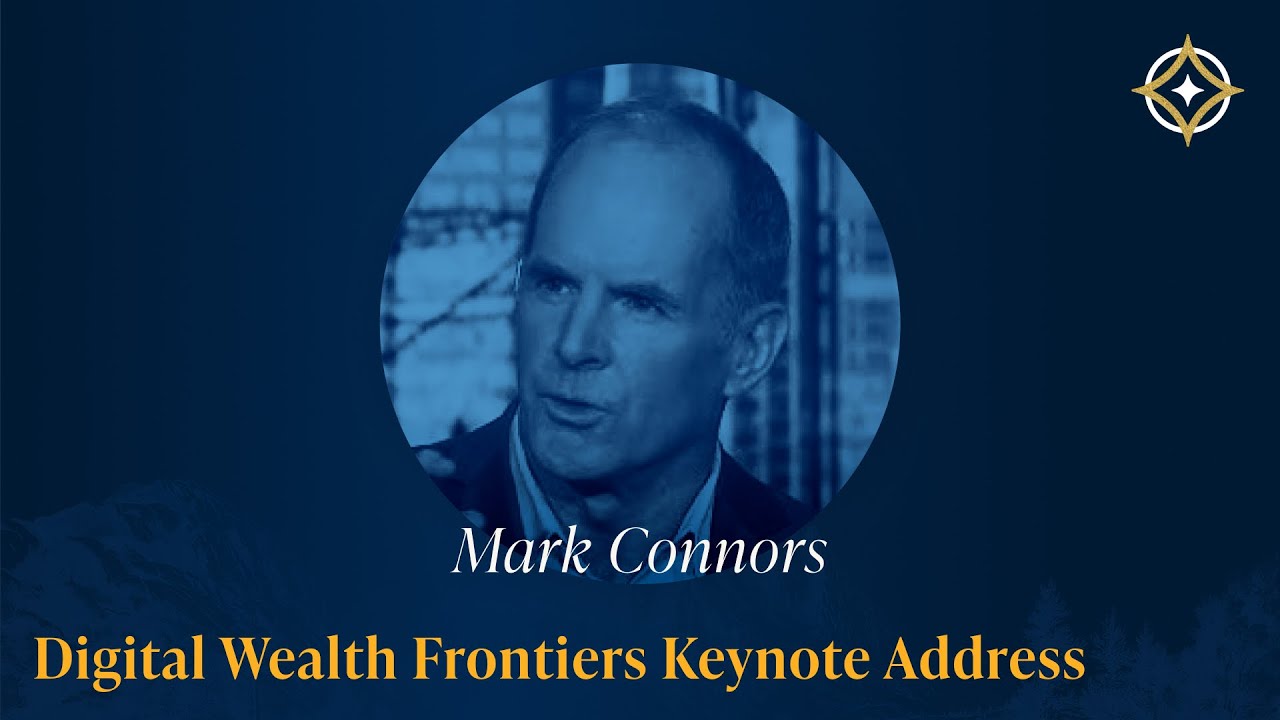The Great Wealth Transfer: A Generational Catalyst for Bitcoin
America is on the verge of the most significant wealth transfer in history — and it’s not just about money, it’s about values, timing, and planning for what’s next. With an estimated $68-$84 trillion in assets moving from baby boomers and older generations to millennials and younger generations in the coming decades, what’s being referred to as “the Great Wealth Transfer” is poised to reshape financial markets in the years ahead. Coldwell Banker expects millennials to have five times more wealth by 2030 than they did at the start of the decade, mostly thanks to inheritances. As that money changes hands, younger investors are far more likely to prefer bitcoin over the traditional investments of their parents’ generation.
A Divide in Investment Paradigms
Generational differences increasingly define the investment landscape. For instance, baby boomers favored the traditional 60/40 portfolio, which once balanced growth and stability, offering the potential for capital appreciation through stocks while bonds helped to reduce volatility and generate income. However, with persistently low bond yields offering less income and the traditional negative correlation between stocks and bonds becoming less consistent, many investors realize that the traditional 60/40 portfolio may no longer be ideal in the current market environment.
On the other hand, millennials have come of age in a digital era and have witnessed events like the 2008 financial crisis and the aftermath of the COVID-19 lockdowns on financial markets and the global economy. Having witnessed a financial system that hasn't provided the same level of opportunity as it did for their parents and grandparents, many millennials and younger individuals have become disillusioned. They are more receptive to alternative financial systems and investments like bitcoin. Numerous surveys measuring cryptocurrency adoption across generations (see reports from Galaxy and Bank of America) find that these younger generations have between three and seven times higher adoption or acceptance rates of cryptocurrency than baby boomers.
A CNBC survey showed that 83% of millennial millionaires now own crypto. Over half of the survey’s respondents said they hold 50% or more of their portfolio in crypto. Nearly one-third of the respondents have invested at least three-quarters of their wealth in crypto assets.
Bitcoin's Unique Value Proposition for a New Generation of Investors
Millennials aren’t buying into the old system, and bitcoin’s freedom from central banks and government control makes it a perfect match. The finite supply of 21 million bitcoin offers a compelling narrative of scarcity, positioning it as the solution against inflationary pressures caused by expansive monetary policies. The 10% average annual returns of the S&P 500 may sound great, but when the money supply expands 6-8% annually and inflation adds another 2-3% on top of that, you’re barely treading water in real terms. In other words, you’re not necessarily building wealth; you’re just keeping pace with a system that systematically erodes your purchasing power over time.
Also, this younger generation possesses an inherent comfort and understanding of digital technologies and online ecosystems, making the concept of a digital currency like bitcoin more intuitive. They’ve grown up using smartphones, managing finances through apps like Venmo and Cash App, gaming with virtual currencies, and engaging in digital communities like Reddit and Discord. As a result, the idea of money existing purely in a digital form feels like a natural fit for how they already interact with the world.
The Inevitable Flow of Inherited Capital into Bitcoin
As trillions move into the hands of digitally native heirs, it’s hard to imagine a world where inherited wealth doesn’t increasingly flow into bitcoin. Unlike previous wealth transfers, this one coincides with the maturation and increasing acceptance of bitcoin as a legitimate investment. Look no further than President Trump’s Executive Order to establish a Strategic Bitcoin Reserve and his promise to position America as the global leader in cryptocurrency. Financial advisors and institutions that fail to recognize and adapt to this generational shift risk alienating a substantial segment of future clients. However, the more pertinent impact for bitcoin is the direct allocation of inherited funds by individuals who already understand and trust its potential. This organic demand, driven by conviction rather than institutional mandate, could profoundly and sustainably affect bitcoin’s growth.
For many millennials, bitcoin is not a speculative asset; it represents a fundamental shift in how value is perceived and stored in the digital age. Its potential for high growth, coupled with its diversifying characteristics relative to traditional markets, makes it an increasingly attractive component of a well-rounded investment portfolio. As these younger generations gain greater financial control through inheritance, their tendency to allocate a portion of their assets to bitcoin could solidify its role as a mainstream investment, further driving demand and price appreciation.
The Network Effect and Long-Term Growth Potential
The increasing adoption of bitcoin by younger generations also strengthens its network effect. As more individuals hold and transact in bitcoin, its utility and overall value proposition increase. This self-reinforcing cycle can lead to exponential growth over time. The Great Wealth Transfer acts as a significant catalyst in expanding this network, bringing a substantial influx of new participants and capital into the bitcoin ecosystem. This increased participation further validates bitcoin's legitimacy as an asset class and encourages further investment, creating a positive feedback loop that supports long-term price appreciation.
Potential Risks and Counterarguments
Despite what looks like a potential catalyst for bitcoin in the years ahead, it is important to acknowledge the counterarguments and potential risks. While the current administration is favorable for bitcoin, the regulatory landscape for bitcoin is highly susceptible to changes with each new administration. A new administration could implement stricter regulations on cryptocurrency exchanges, transactions, and mining operations. This could include increased reporting requirements, tighter taxation, and limitations on certain activities. (See Sound Advisory's articles on new IRS crypto reporting rules for 2025 and bitcoin tax strategies.)
Another counterargument that could potentially resonate with some millennials is the environmental concerns surrounding bitcoin's energy-intensive mining process, which could deter some environmentally conscious millennial investors. Bitcoin mining, the process of verifying transactions and adding new blocks to the blockchain, requires vast amounts of energy. This energy consumption often relies on fossil fuels, leading to significant greenhouse gas emissions and contributing to climate change. Studies have shown that bitcoin mining can produce as much carbon dioxide as some small countries. Millennials, being more environmentally conscious than previous generations, may be deterred by bitcoin's carbon footprint. They are often more likely to support sustainable investments and may view bitcoin's environmental impact as conflicting with their values. This could hinder widespread adoption of bitcoin as a core component of their investment portfolios. However, compelling counter-arguments suggest bitcoin could actually be a net positive for the environment. For a deeper look at the issue, consider this 2022 KPMG ESG paper, the 'Dirty Coin' documentary, and the ongoing work of Daniel Batten and Troy Cross.
Seize the Moment, Partner with a Bitcoin Advisor
For millennials: Go beyond the headlines – take the time to understand bitcoin’s underlying technology and its long-term potential. Use reputable resources such as trusted educational platforms, well-researched articles, and books to build your knowledge. Consider allocating a portion of your investment portfolio to bitcoin as part of a broader, diversified strategy. Just as important: never invest more than you’re comfortable with. And don't go at it alone – work with a financial advisor who understands both traditional markets and bitcoin to help you navigate this emerging landscape with clarity and confidence.
For baby boomers and older generations: Now is the time to learn how bitcoin could play a role in your legacy. These conversations aren’t just about investing, they’re about preparing your heirs for the future. Talk with your children or beneficiaries about their views on bitcoin and how it may factor into their long-term financial lives. Then, review your estate plan with a trusted financial advisor or estate attorney to ensure any bitcoin holdings are accounted for and can be transferred securely and according to your wishes.
Schedule a complimentary introduction with the experts at Sound Advisory today!





